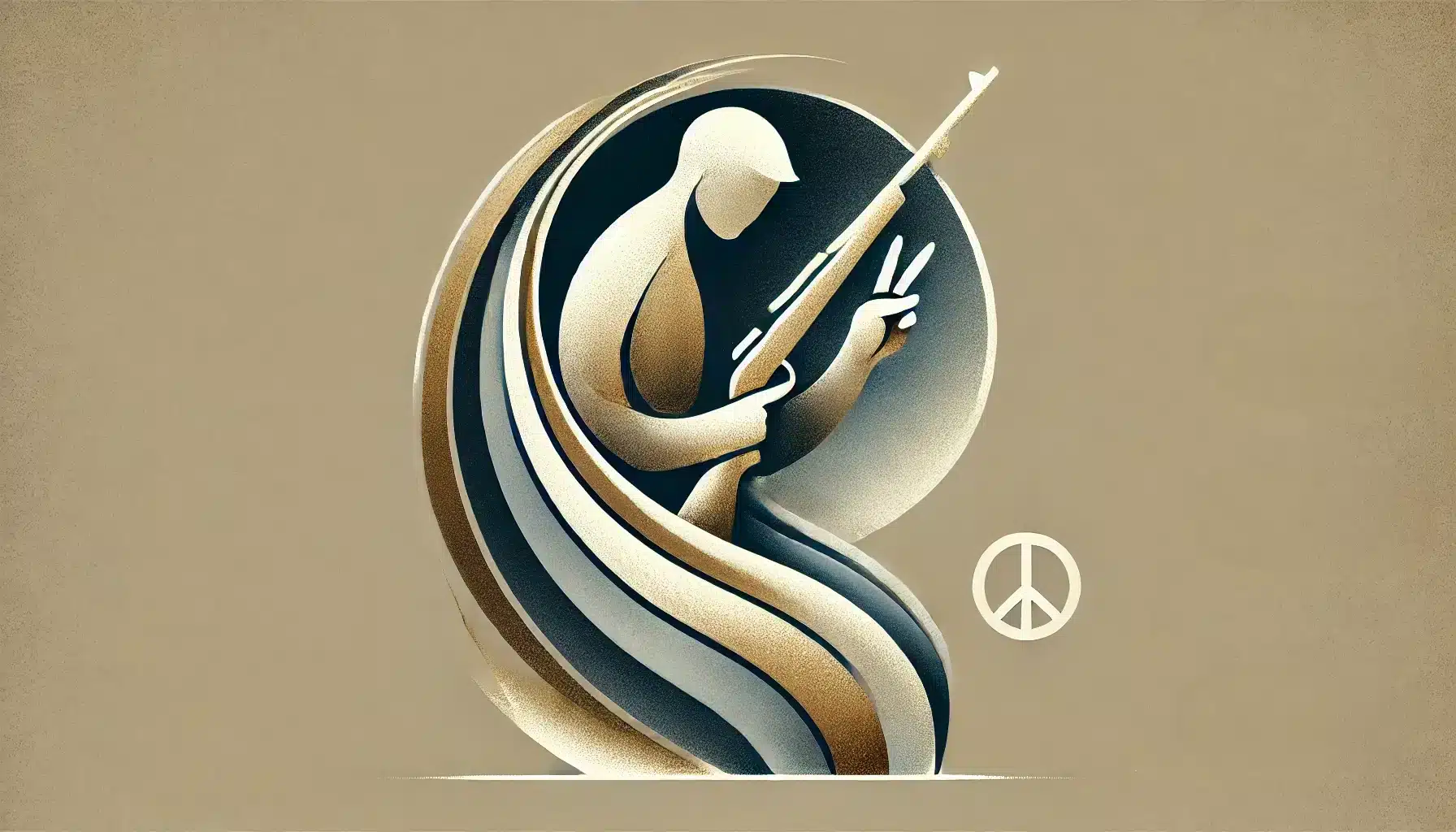What is International Conscientious Objectors’ Day?
International Conscientious Objectors’ Day is observed annually on May 15 to honor individuals who refuse military service on ethical, moral, or religious grounds. The day acknowledges past and present conscientious objectors (COs) and raises awareness about their rights and the challenges they face.
This observance highlights the courage of those who have resisted compulsory military service, sometimes facing imprisonment, social exclusion, or exile. It also promotes discussions on peace, human rights, and alternatives to armed conflict.
History and Origin
International Conscientious Objectors’ Day was first observed in 1982, initiated by European pacifists advocating for the recognition of conscientious objection. The date was chosen as a symbolic moment to unite objectors from different countries and highlight their struggles.
Over time, the movement has grown, with human rights groups and peace organizations worldwide using this day to campaign for the legal recognition of COs. While some countries protect the right to conscientious objection, others continue to persecute those who refuse to serve in the military.
Who Observes International Conscientious Objectors’ Day?
- Peace organizations: Groups like War Resisters’ International (WRI) and the Peace Pledge Union (PPU) campaign for the protection of COs.
- Religious communities: Faith-based groups, including Quakers and Mennonites, advocate for nonviolence and support objectors.
- Educational institutions: Schools and universities host discussions on the ethical and political aspects of conscientious objection.
- Government and legal bodies: Some states recognize the day to raise awareness about the legal rights of COs.
- Human rights activists: Individuals and organizations work to protect those who refuse military service in countries where it remains criminalized.
Slogans and Themes
International Conscientious Objectors’ Day promotes peace, human rights, and the moral right to refuse participation in war. It calls for recognition of COs and supports nonviolent resistance.
Common slogans include refuse to kill, war is a crime against humanity, and peace is a human right. These messages emphasize the ethical stance of objectors and the need for global recognition of their rights.
Colors, Symbols, and Patterns
Colors
- White: Represents peace and non-violence.
- Purple: Symbolizes moral strength and resistance.
- Green: Reflects hope and alternative paths to conflict resolution.
Symbols
- White poppy: Represents remembrance of all war victims and a commitment to peace.
- Dove: A universal symbol of non-violence and reconciliation.
- Broken rifle: Represents the rejection of military service and opposition to war.
Patterns
- Peace signs: Often used in artwork and advocacy materials.
- Olive branches: Symbolize peace and resistance to armed conflict.
- Minimalist designs: Reflect the simplicity and ethical conviction of conscientious objectors.
Most Used Hashtags
- #ConscientiousObjectorsDay
- #RightToRefuse
- #WarResisters
- #PeaceAndJustice
- #NonViolence
How to Observe International Conscientious Objectors’ Day
- Attend ceremonies: Participate in public events honoring COs, such as the annual gathering in Tavistock Square, London.
- Engage in educational programs: Join discussions and lectures about the historical and legal significance of conscientious objection.
- Support advocacy groups: Donate to or volunteer with organizations protecting COs’ rights.
- Use social media: Spread awareness using event-related hashtags and share personal stories of conscientious objectors.
- Wear peace symbols: Show support by displaying white poppies or other nonviolence symbols.
Why is International Conscientious Objectors’ Day Important?
This day raises awareness of the ethical dilemmas individuals face when asked to participate in armed conflict. It recognizes those who stand against war and military service, often at great personal cost.
Many COs throughout history have been imprisoned or persecuted for their beliefs. Even today, in some countries, refusal to serve in the military leads to legal punishment. By observing this day, societies can reflect on the importance of protecting the right to conscientious objection as a fundamental human right.
Features
- Peace and Human Rights
